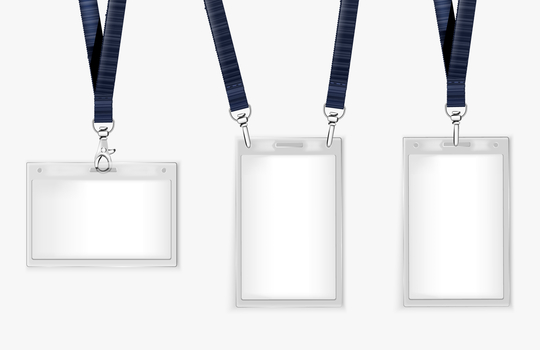
The New Zealand Government has confirmed it will advance to trial its $100 million CovidCard contact tracing scheme, as the Government looks to tech solutions to suppress a second full-blown wave of the disease.
Functioning independently of the existing NZ COVID Tracer smartphone app, the CovidCard is designed to be easily carried by users (attached to a lanyard held around the neck) at all times.
The Bluetooth-embedded CovidCard is hoped by the Government to better track the spread of the coronavirus, obviating the need for users to physically ‘sign in’ at venues, retailers, and businesses.
The existing NZ COVID Tracer app, released by Ministry of Health in May and since downloaded by more than half a million Kiwis, requires users to physically register their presence within public venues, scanning themselves in via QR code.
Like many countries, the New Zealand Government has relied heavily on manual contact tracing, which can involve interviewing positive cases and tracing their movements over the previous fortnight to establish the source of the virus.
“We know digital solutions can help make contact tracing faster and more effective. This is important from a public health perspective and also in supporting our economic and social recovery,” said Minister for Health Chris Hipkins in a recent statement.
So far, he said, no country has been able to identify a single technology that can “solve” contact tracing in any county.
“That’s why we need to explore all available technology options.”
Part of the CovidCard’s appeal is that it does not require internet connectivity for it to work.
The card, which has an in-built long-life battery (though questions do remain over its longevity) utilises Bluetooth technology to anonymously track and record the presence of other cards within a short distance (around one to two metres).
Data is stored on the card for 21 days and can be downloaded and used by Government authorities and tracing centres for contact tracing as required.
The recent outbreak of Covid-19 in New Zealand after more than 100 days without a diagnosed case highlights the criticality of contact tracing solutions in helping to contain the spread of the highly contagious coronavirus.
To accurately and effectively assist with contact tracing efforts, however, the card would need to be adopted and used by a critical mass of the population; estimates suggest that for contact tracing technology to be effective, at least 60 per cent of the population needs to actively use the solution.
Assessment of the CovidCard during trial phase will involve considerations such as to whether the technology meets privacy and security standards as well as its effectiveness in being able to accurately trace contacts.
Dr Dougal Sutherland, a clinical psychologist at the Victoria University of Wellington and Umbrella Wellbeing, noted a key benefit of the CovidCard is that it does not require individuals to modify their behaviours.
“At present, having to sign in or scan in to a business, restaurant, etc., is a behaviour that most of us simply aren’t in the habit of doing. And without sufficient motivation we’re unlikely to change this behaviour,” Sutherland said.
According to Sutherland, the simplicity and ease of use of the technology will likely increase adoption, with users only needing to remember to wear the card once each day.
“While a Bluetooth-enabled card won’t change our motivation, it does have the potential to make the behaviour needed to comply very simple,” he said.
The trial will involve a group of up to 300 people around the Rotorua region to determine how the cards will work in a real-world scenario, including the public’s willingness to use the cards regularly and its compatibility with existing contact tracing systems.
So far, just over one in 10 New Zealanders have registered to use the existing Covid Tracer app.
New Zealand Prime Minister Jacinda Ardern stated earlier this year that an app would only ever supplement efforts at contact tracing.
“Most countries [that] have an app like this will highlight that you have to have the foundation of people and a people-centred network of contact tracers,” Ardern said.
A decision on the further rollout of the CovidCard will be made later this year. At this stage, it is not expected that the card will be made mandatory.





